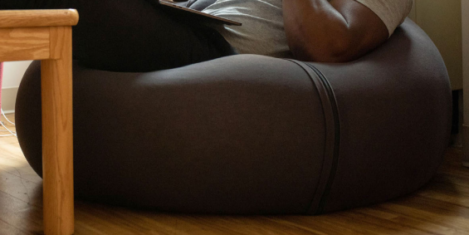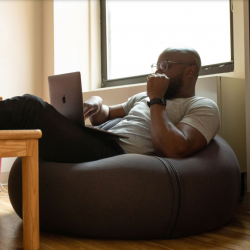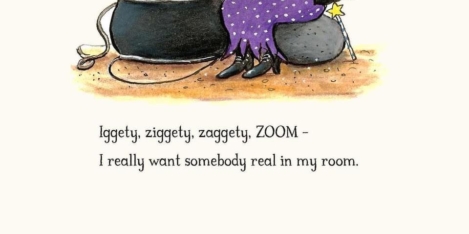To provide the best experiences, we use technologies like cookies to store and/or access device information. Consenting to these technologies will allow us to process data such as browsing behaviour or unique IDs on this site. Not consenting or withdrawing consent, may adversely affect certain features and functions.
The technical storage or access is strictly necessary for the legitimate purpose of enabling the use of a specific service explicitly requested by the subscriber or user, or for the sole purpose of carrying out the transmission of a communication over an electronic communications network.
The technical storage or access is necessary for the legitimate purpose of storing preferences that are not requested by the subscriber or user.
The technical storage or access that is used exclusively for statistical purposes.
The technical storage or access that is used exclusively for anonymous statistical purposes. Without a subpoena, voluntary compliance on the part of your Internet Service Provider, or additional records from a third party, information stored or retrieved for this purpose alone cannot usually be used to identify you.
The technical storage or access is required to create user profiles to send advertising, or to track the user on a website or across several websites for similar marketing purposes.
 In March 2020, the COVID-19 global pandemic forced countless employers around the globe to send their non-essential employees home. Few organisations had a contingency plan for such a scenario, meaning the overwhelming majority of employers had to rethink their operations and communication functions on the fly. More →
In March 2020, the COVID-19 global pandemic forced countless employers around the globe to send their non-essential employees home. Few organisations had a contingency plan for such a scenario, meaning the overwhelming majority of employers had to rethink their operations and communication functions on the fly. More →





 Whilst initial lockdowns saw a positive response from managers looking to support their teams, it seems maintaining this level of empathy a full year later is for some leaders proving unsustainable claims business training course provider,
Whilst initial lockdowns saw a positive response from managers looking to support their teams, it seems maintaining this level of empathy a full year later is for some leaders proving unsustainable claims business training course provider, 
 Employers are now more aware of their employee’s personal situation and family commitments than they were pre Covid-19, according to the
Employers are now more aware of their employee’s personal situation and family commitments than they were pre Covid-19, according to the 
 According to new data from
According to new data from 
 The UK COVID-19 vaccination programme is well underway. Once the over 50s, younger people with health conditions, NHS and care workers have received the vaccine, Prime Minister Boris Johnson has been clear that current lockdown restrictions could be lifted in stages with schools and business a top priority. The situation is under review, but there is an expectation that business premises could reopen as early as Easter, when a large proportion of the working age population may not have been vaccinated. That means the focus in workplaces and other multi-occupant spaces, especially those open to the public, must remain on limiting transmission to prevent the spread of
The UK COVID-19 vaccination programme is well underway. Once the over 50s, younger people with health conditions, NHS and care workers have received the vaccine, Prime Minister Boris Johnson has been clear that current lockdown restrictions could be lifted in stages with schools and business a top priority. The situation is under review, but there is an expectation that business premises could reopen as early as Easter, when a large proportion of the working age population may not have been vaccinated. That means the focus in workplaces and other multi-occupant spaces, especially those open to the public, must remain on limiting transmission to prevent the spread of 
 As Brits continue to spend an extensive amount of time at home, the importance of maintaining a good work-life balance has never been so vital. For their
As Brits continue to spend an extensive amount of time at home, the importance of maintaining a good work-life balance has never been so vital. For their 
 The impact of the nation’s deteriorating mental health from Covid-19 lockdowns and other restrictions cost UK businesses £14bn last year, according to a study by
The impact of the nation’s deteriorating mental health from Covid-19 lockdowns and other restrictions cost UK businesses £14bn last year, according to a study by 
 The
The 
 Working from home is exacerbating an ‘always on’ culture. Data from a study of UK employees, conducted by virtual team building company
Working from home is exacerbating an ‘always on’ culture. Data from a study of UK employees, conducted by virtual team building company 
 For now, just forget the
For now, just forget the 
 The ongoing Covid-19 pandemic has heightened existing feelings of loneliness and isolation among people aged 55 and over, according to a new report by housing provider
The ongoing Covid-19 pandemic has heightened existing feelings of loneliness and isolation among people aged 55 and over, according to a new report by housing provider 













February 25, 2021
False positives and the dangers of unrealistic positivity at work
by Jeff Miller • Comment, Wellbeing, Working culture